“I USED TO BE SOMEBODY—when Preston Howard walked down the street, kings and queens would move off to the curb. Okay, so that bit of paraphrased hyperbole, courtesy of George Thorogood, might qualify as excessive, but for sure, when I rode into town, mayors, city managers, and police chiefs became more than a little queasy over what kind of wrath I might bring down on their community.”--From The Sheltering Palms by John Burpo
Preston Howard spent his
entire career working on behalf of police officers, representing them under
adverse circumstances, negotiating contracts to improve officers’ benefits and
working conditions, and training police union officials in the art of
leadership. He has written numerous books and lectured not only in this country
but abroad as well.
Renowned police labor lawyer, Preston
Howard, reached a watershed in his life—a forced retirement from the firm he
built from the ground up and a cancer diagnosis. These two events made him take
a step back and reflect over a life that had at times been hilarious,
irreverent, self-mocking, eerie and even a bit, make that, quite lewd.
A family of unique characters guided
the lawyer’s formative years: a bourbon-swilling, brilliant yet flawed
grandfather who mentored the young lad in matters of religion, politics and the
quest for knowledge; a psychic mother; an oversexed nanny; an aunt and uncle
who fought on the front lines of integration; and a fire-balling uncle who got
his fifteen minutes of fame in The Show.
Preston Howard first made his mark as
a crime-fighting attorney representing the Tucson Police Department. Then he
spent over forty illustrious years as a labor lawyer working with police
officers and union leaders and handling the gamut of fascinating, high-profile
cases across the country and even in other countries.
His many tall yarns might be viewed by some with the greatest suspicion,
but his story-telling is undeniably first-class, witty, and absorbing.
Interview:
Welcome, Preston! So excited about your new book, The
Sheltering Palms. Critics are calling your book “The best book I’ve ever read about
lawyers, cops, and unions.” Can you tell us a little about the main characters in
your book?
Preston: The protagonist, Preston Howard, is a labor attorney who has just faced prostate cancer and a forced retirement. He begins reflecting over his tumultuous, fascinating life, wondering whether it has any value outside of his narrow world representing police officers and unions. His bourbon-swilling, piano-playing, brilliant grandfather Buster weaves in and out of this autobiographical fiction novel, first mentoring the younger Preston in matters of politics, religion, and the quest for knowledge, and later saving Preston’s life…maybe.
They say all books of fiction
have at least one pivotal point where the reader just can’t put the book down.
What is one of the pivotal points in your book?
Preston: There are two pivotal moments in the book. The first one takes place early in Preston’s legal career, when he is uncertain about whether union work is the right choice for his career. He represents a female activist police officer in Oak Lawn, Illinois, who is terminated for union activity. Preston dramatically saves her job and goes on to become a renowned attorney across the country. The second pivotal moment takes place when Preston becomes so despondent over this career that he takes off for the hinterlands. He winds up in a church in Bend, Oregon, where Buster suddenly appears playing the organ----more than ten years after his death, and admonishes Preston for his behavior and attitude.
Do
you proofread and edit your work on your own or pay someone to do it for you?
Preston: There was no way I would edit my work. I hired super editor Jeff LaFerney, who put me through English 101 boot camp. What a great partner!
Do
you believe a book cover plays an important role in the selling process?
Preston: I certainly hope so. The photo on the cover captures the essence of Buster: smoking, bourbon, a lighter (that turns out to have an Army artillery insignia), and most important, his Panama hat with the red and blue hatband. The Panama hat appears throughout the book. Also, the notation about the Texas labor lawyer best describes Preston Howard in one short sentence.
What
did you want to become when you were a kid?
Preston: What else then play first base for the New York Giants, before that bastard Horace Stoneham shipped the team off to San Francisco? There were of course obstacles to that goal. First, Whitey Lockman played first base, and I’m certain that Whitey would have fought me tooth and nail to hold on to his spot. Second, while my ability to play baseball allowed me to make it to the college level, I had an anemic arm, a lack of power and as I said in the book, ran like Buster’s grand piano sat on my back.
Do
your novels carry a message?
Preston: This novel is my first stab at fiction, and yes, there is definitely a message. People often stumble in their lives; in Preston’s case, alcohol and womanizing cause his temporary downfall. The important point in the book: when someone gets down and almost out, they can get back up off the floor, lead a productive life, and redeem themselves. This ultimate point capsulizes the story about Preston Howard.
Is
there anything you’d like to tell your readers and fans?
Preston: Yes. During my career, I have written three professional books about police unions. But I found that writing a novel was so exhilarating that I am already working on another book, a sequel to this one about the continued exploits of now retired Preston Howard!




























































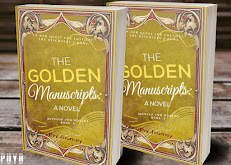






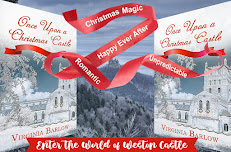
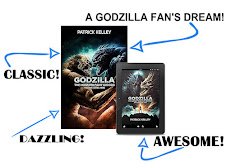






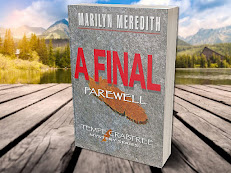

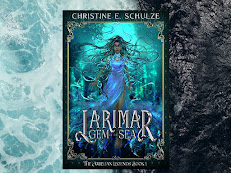

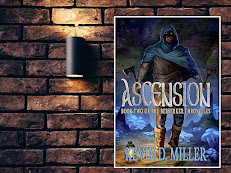

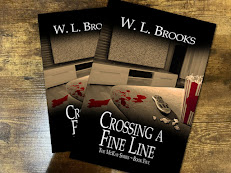



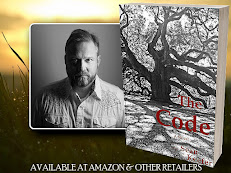



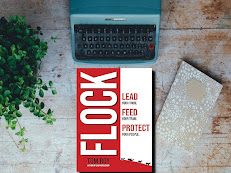
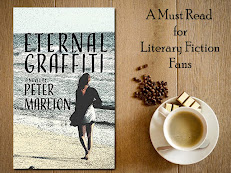


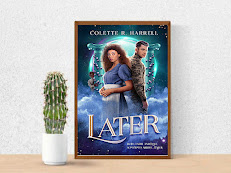









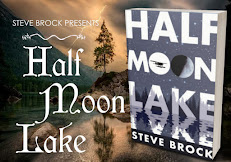










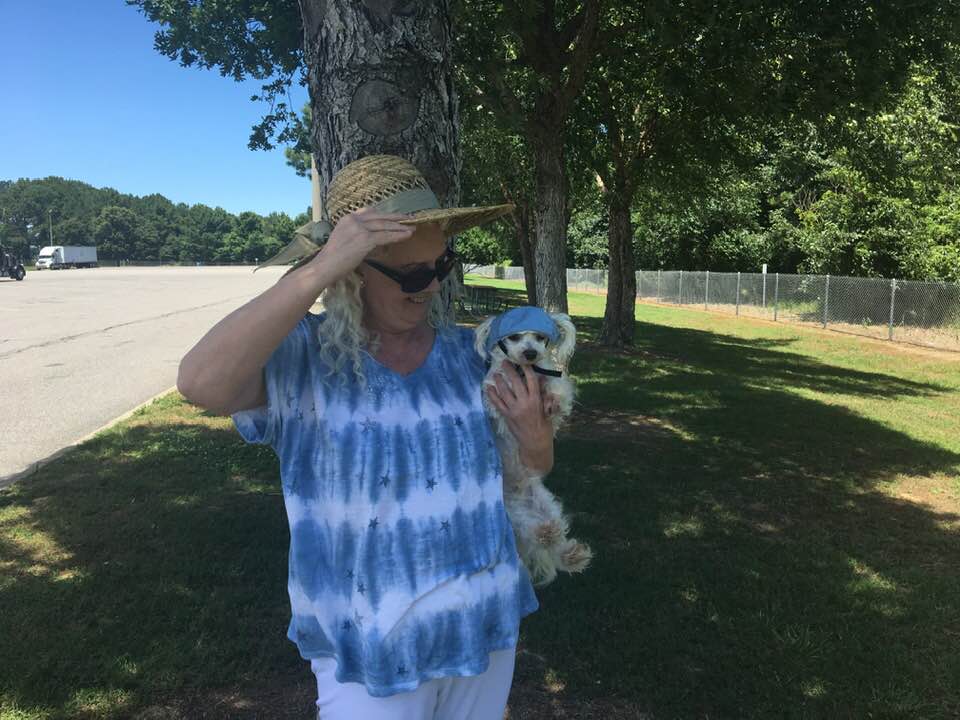
No comments:
Post a Comment
Thank you for your message!